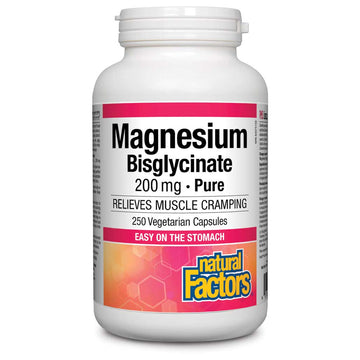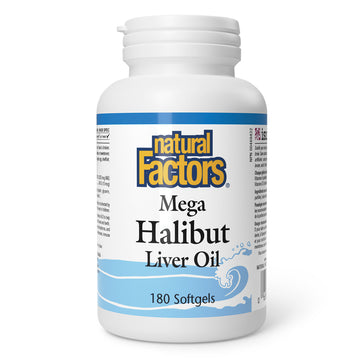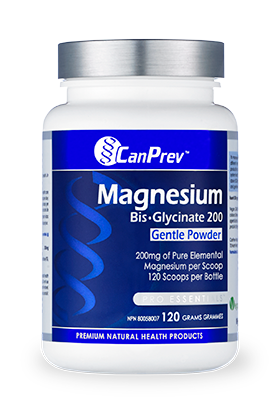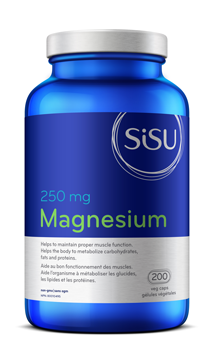Best vitamins & supplements for Vertigo
(225)
Vertigo is a sensation of spinning or dizziness that can make it difficult to maintain your balance. While there is no cure for vertigo, there are several things you can do to manage your symptoms and prevent them from getting worse. In some cases, taking certain vitamins and supplements may help. However, it's important to talk to your doctor before starting any new supplements, to make sure they are safe and appropriate for you.
Ginger: Ginger is a common herbal remedy that has been used for centuries to treat a variety of health conditions, including vertigo. It contains compounds that are thought to help reduce nausea and dizziness. You can get ginger from fresh ginger root, ginger tea, or ginger supplements.
Vitamin D: Vitamin D is important for maintaining healthy bones and may help reduce the frequency and severity of vertigo symptoms. You can get vitamin D from exposure to sunlight, certain foods, and supplements.
Magnesium: Magnesium is a mineral that is involved in many bodily processes, including nerve and muscle function. Some studies have suggested that magnesium supplements may help reduce vertigo symptoms. You can also get magnesium from your diet by eating foods like nuts, seeds, and leafy green vegetables.
Ginkgo biloba: Ginkgo biloba is an herb that has been used for centuries to treat a variety of health conditions, including vertigo. It contains compounds that are thought to improve blood flow and reduce inflammation.
In addition to taking supplements, there are other things you can do to manage vertigo, such as avoiding triggers, practicing good head and neck posture, and doing vestibular rehabilitation exercises.
Ginger: Ginger is a common herbal remedy that has been used for centuries to treat a variety of health conditions, including vertigo. It contains compounds that are thought to help reduce nausea and dizziness. You can get ginger from fresh ginger root, ginger tea, or ginger supplements.
Vitamin D: Vitamin D is important for maintaining healthy bones and may help reduce the frequency and severity of vertigo symptoms. You can get vitamin D from exposure to sunlight, certain foods, and supplements.
Magnesium: Magnesium is a mineral that is involved in many bodily processes, including nerve and muscle function. Some studies have suggested that magnesium supplements may help reduce vertigo symptoms. You can also get magnesium from your diet by eating foods like nuts, seeds, and leafy green vegetables.
Ginkgo biloba: Ginkgo biloba is an herb that has been used for centuries to treat a variety of health conditions, including vertigo. It contains compounds that are thought to improve blood flow and reduce inflammation.
In addition to taking supplements, there are other things you can do to manage vertigo, such as avoiding triggers, practicing good head and neck posture, and doing vestibular rehabilitation exercises.






























